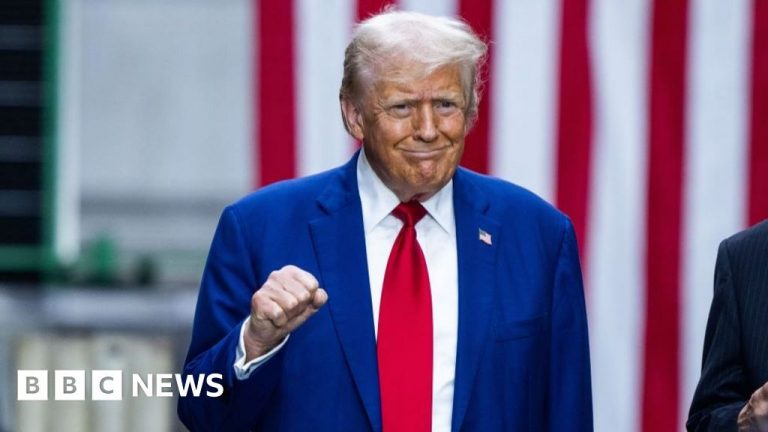What Is a Smart Contract?
Smart contracts are magical, self-running computer programs. They check, manage, and enforce deals all by themselves. Unlike regular contracts, **smart contracts** handle transactions on blockchain networks, like Ethereum.
Smart contracts facilitate transactions without a trusted intermediary in between, such as a bank. They automate workflow by initiating the next action when existing conditions are met. These contracts are stored on a blockchain over a decentralized network.
Moreover, a smart contract agreement allows each transaction to be conducted without the need for one party to know the other, eradicating the requirement of a central authority to monitor each transaction. These contracts render transparent, traceable, and irreversible transactions.
How Smart Contracts Work?
Smart contracts were proposed in the early 1990s by an American computer scientist, Nick Szabo. He compared this new technology to a digital vending machine by highlighting the similarity of their functioning.
When you insert some money into vending machines, they can run either of the two tasks programmed into their system. They can provide you with the required item along with your change, or they return your money, allowing you to make a different selection. Szabo attempted to explain how smart contracts work through a simple example.
If a vending machine can automate the process of obtaining an item without a human intermediary, smart contracts deployed using blockchain technology can facilitate transactions in digital form without the need for an intermediary. This is an example of a simple smart contract.
A smart contract code consists of simple statements written in a programming language such as Solidity and Web Assembly. These statements act as a set of instructions, and a smart contract’s terms execute any action when the predetermined conditions attached to it have been met.
Anyone over the blockchain network can deploy a smart contract’s code, which is transparent, allowing easy verification. This feature allows the interested parties to verify the logic a smart contract uses when it receives digital assets.
Each computer on the blockchain stores a copy of all existing smart contracts together with the transaction data. Whenever a smart contract identifies the fulfillment of predetermined conditions, its code controls are activated by all the chain nodes, resulting in a value flow. This mechanism allows a smart contract to make complex transactions between two parties that do not know each other.
Why Smart Contracts Are Important?
Smart contracts enable developers to build a huge range of decentralized applications and tokens, such as the Ethereum smart contracts that are an integral part of the Ethereum network that helps in the automation of several processes that bring about multiple benefits creating an overall positive impact on society.
Moreover, once a smart contract app has been deployed on a blockchain, it cannot be reversed or manipulated in most cases which ensures security and reduces risks involved in different types of transactions.
A smart contract can serve several different purposes, such as exchanging digital money through applications like Uniswap, Compound, and USDC. According to contract law, a smart contract can be used in the judicial system, allowing individual users or organizations to form an agreement. You can do your digital signature using these agreements, which saves time and money.
Benefits Of Smart Contracts
Transparency and Security
Smart contracts ensure complete transparency as they do not need an intermediary to process transactions. Users do not need to worry whether the information has been altered, and these agreements are encrypted effectively to facilitate secure transactions. This reduces the chances of bad actors on the building blocks of a blockchain-based platform.























+ There are no comments
Add yours